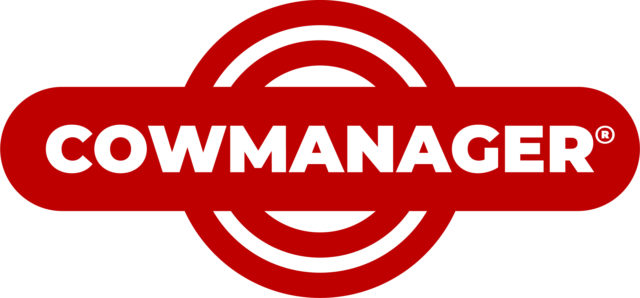The spirit of generosity is fully empowered to help each generation find success in their roles. When people trust each other, you save heaps of time because you don’t blame, shame or feel nervous about your choices to act. You have a culture where everyone believes the other team members are working as their best selves. Communication and behavior is respectful, safe and open. Decisions get made efficiently, with the speed of good trust.
How would you rate the trust level on your farm team? Have you ever stopped to think about what you could do to improve the degree of trust between the generations? Do you even think there is hope for trust to improve with some care and attention to it?
A recent, highly emotionally charged meeting is fueling this column. The founder was agitated as I drilled him with questions about what he was truly afraid of in doing the transition plan. He grabbed my marker and asked to write on the large, white, blank sheet of my beloved flipchart. I was thrilled to say “Yes.”
We witnessed a breakthrough in communication at that very moment. Circles of wealth and depleted savings were drawn on the parents’ side of the sheet. Circles of structure and question marks were drawn on the successors’ side of the sheet. Very clearly, the lack of trust was related to the lack of financial transparency between the generations, as well as the perceived loss of parental wealth and transfer of farm assets to other real estate.
Over 25 years ago, accountability expert David Irvine outlined five important questions about trust. I think these are worthy questions for both founders and successors.
1. How much do I feel trusted to take over this operation? I would add here the range of 1 to 10 to give this level a concrete number. One is not at all, and 10 is very much so. Giving the feeling a number helps the other party understand if they both give it an 8, or if the other is at a 2, then you have a real gap in understanding each other’s perception of the trust feeling.
2. What fears do I have of taking over control? Believe it or not, many young farmers are afraid of not doing enough to please their parents. They also fear failure in servicing debt. They are not sure their family life is going to survive the workaholic tendencies of the older generation, so they are worried about how much time they can give farm labor compared to their elders.
3. How much do I want to take over the operation? Is there goodwill here? Yes, the next generation is passionate about farming and being in a profitable business. If there are unreasonable salaries or compensation rates, maybe this is not a good idea. Will the older generation be helpful with a generous spirit or expect to be paid top dollar for every nut and bolt?
4. What do I want from my parents that will strengthen the level of trust in this family? I suspect the young farm couple wants security. That comes with well-written agreements, decent cash flow and timelines that are reasonable. They are tired of emotional outbursts or promises that are not fulfilled. They also want to know the business will be kept intact and not sliced up like a pie to meet the expectations of the non-farm heirs.
5. How much can I talk openly about the answers to the above questions to family members involved in the business? We worked on this openly in our facilitated meeting, yet there is much personal work to do. Stephen Covey, who wrote The Speed of Trust, believes trust can be rebuilt, and so do I. It takes lots of action and being true to what you say and do. For the families I work with, it also helps to do a conflict dynamic profile to figure out which positive conflict behaviors, like perspective taking, creating solutions and sharing emotions, can be intentionally strengthened.
I want to thank you as readers for your trust in me to tell hard truths about the journey of farm families, in their family circle of life, their farm business, the discussions of transfer of ownership and wealth, and the farm transition story.
In less than 24 months I am letting go of my coaching practice, as I transition my expertise to BDO, a Canada-wide accounting, tax and advisory firm. I will continue to share stories as a professional speaker and my writings here.
When you experience deep trust, it frees you up to do amazing things without second-guessing yourself or your relationships. ![]()
Elaine Froese, CSP, CAFA loves to write. There is power in your words. Choose well. She can be reached at Elaine Froese.

-
Elaine Froese
- Certified Farm Family Coach
- Email Elaine Froese





